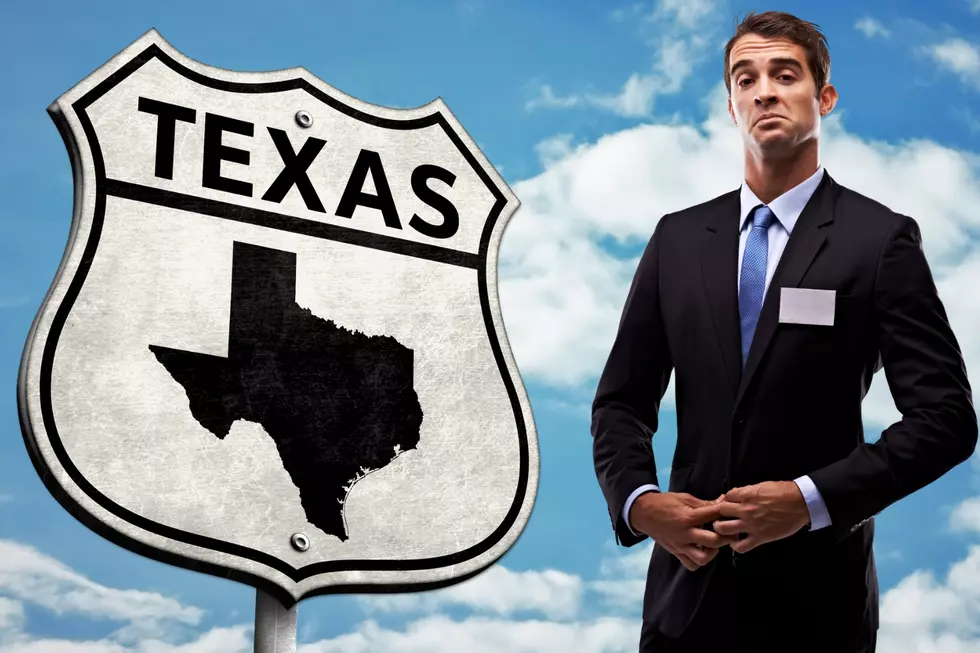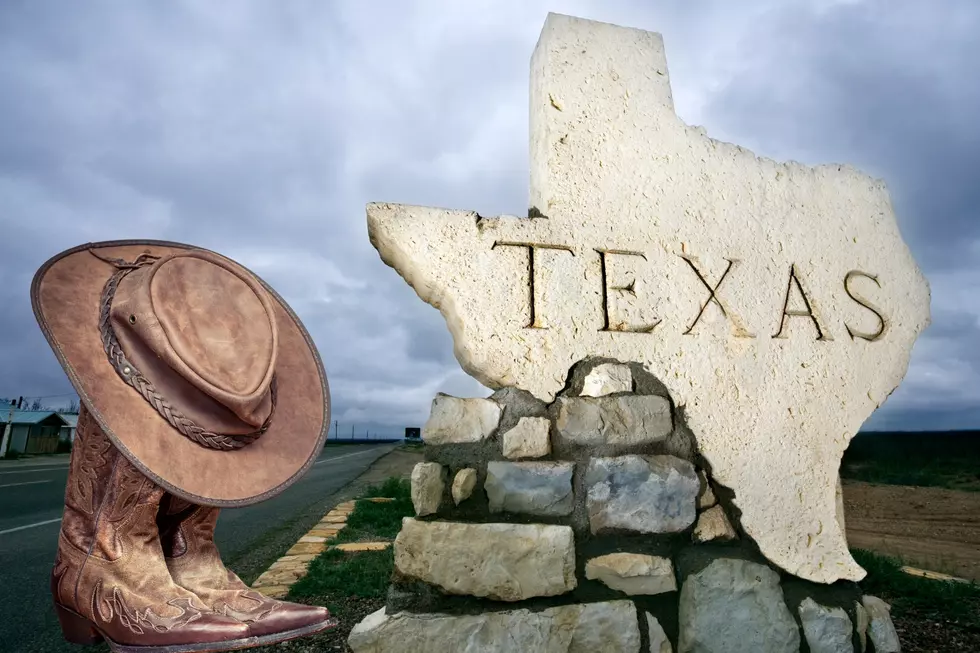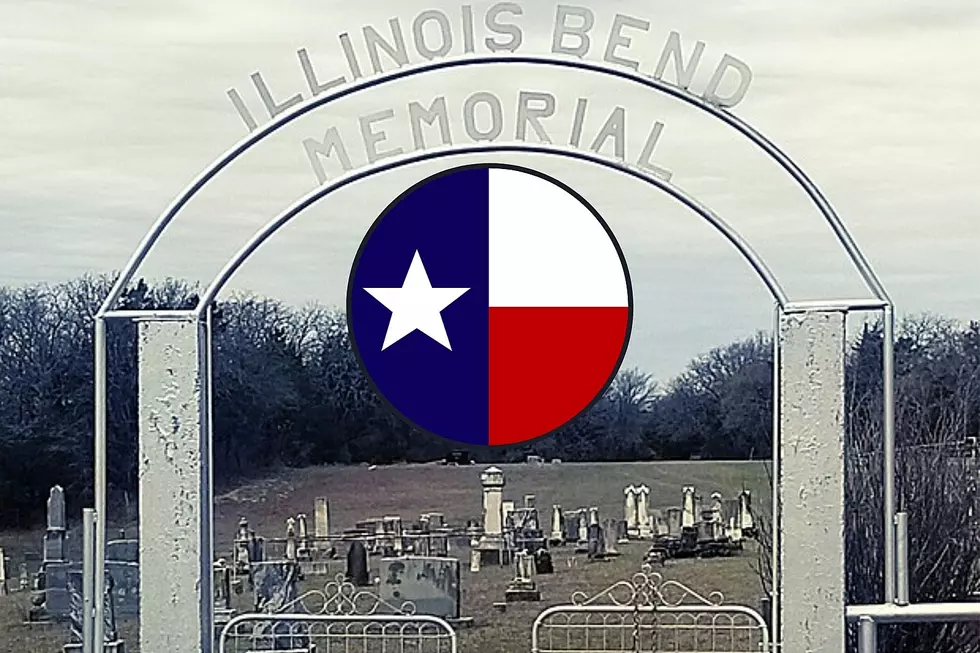
What is the Abilene Paradox? A Fairly Simple Explanation
People often comment about the "Abilene Paradox", but very rarely has anyone actually taken the steps to explain it. Then again, some of the explanations are so far over people's heads that confusion is even greater after said explanation.

So, I'll attempt to give you a fairly simple explanation of the "Abilene Paradox" in hopes you don't leave more confused than you were previously.
First, is the story that spawned the Abilene Paradox.
Jerry B. Harvey, and his family, were visiting family in Coleman (Texas) one hot weekend. His father-in-law suggested a drive into Abilene to go eat at a cafeteria. The group reluctantly agreed to the trip. It was a miserably hot drive, there and back, in a vehicle with no air conditioning, which was common during those days.
Once the family got back home they all began to complain about the trip and suggested they never wanted to go in the first place. The father-in-law even stated he merely suggested it because he thought the others would like it.
Alas, none of them enjoyed the idea, but no one actually spoke up. Rather, they all went along with the idea.
Harvey ended up writing an article about that exact scenario called "The Abilene Paradox: The Management of Agreement" in which he fully defines the Abilene Paradox.
So, what is the Abilene Paradox?
Basically, it's when a group of people "go along to get along". In other words, when presented with the situation, instead of speaking up, everyone went along with the idea, but no one actually wanted to do it.
According to Harvey, the paradox may be driven because individuals believe they will experience negative attitudes or feelings if they ‘speak up’ on a topic. Of course, if no one speaks up, the group will make a decision that is counter to the wishes and feelings of the group. [HRZone]
Here's an example that may make things more clear. A parent comes home from work and asks the family if they want to go out to eat. The parent asks what the family wants and they all say they "don't care". Then, the parent suggests tacos. Even though no one really wants tacos, they all agree because they don't want to speak up.
You know, go along to get along.
Have you ever been in a situation where you decided to go with the consensus, when in reality, there was no consensus and none among the group, actually in their minds, agreed to the decision? This is exactly what the ‘Abilene paradox’ reflects. - PsycholoGenie
Are you more confused or does that actually clear things up a bit? Honestly, it made the most sense when a friend explained it simply with the phrase "go along to get along".
What They Don't Tell You About Moving to Abilene
More From 100.7 KOOL FM










